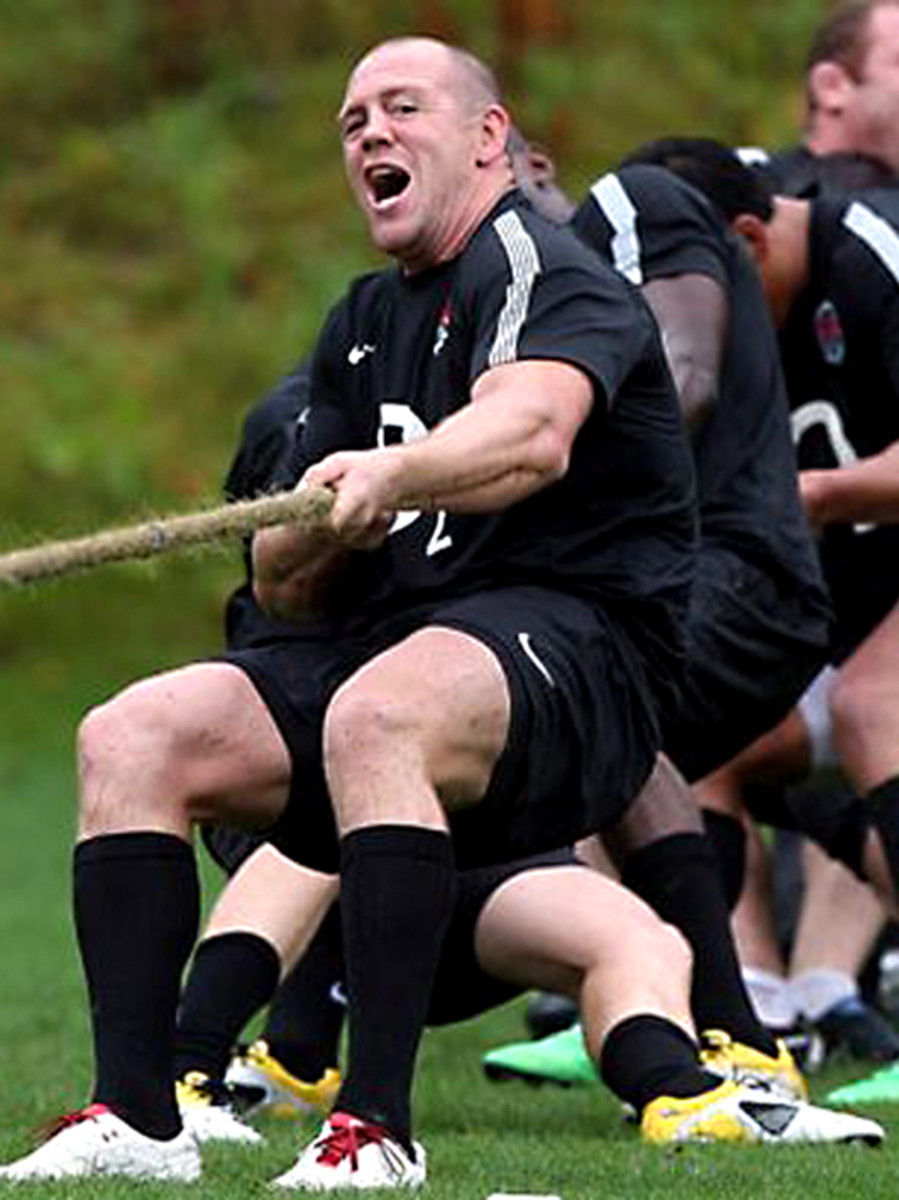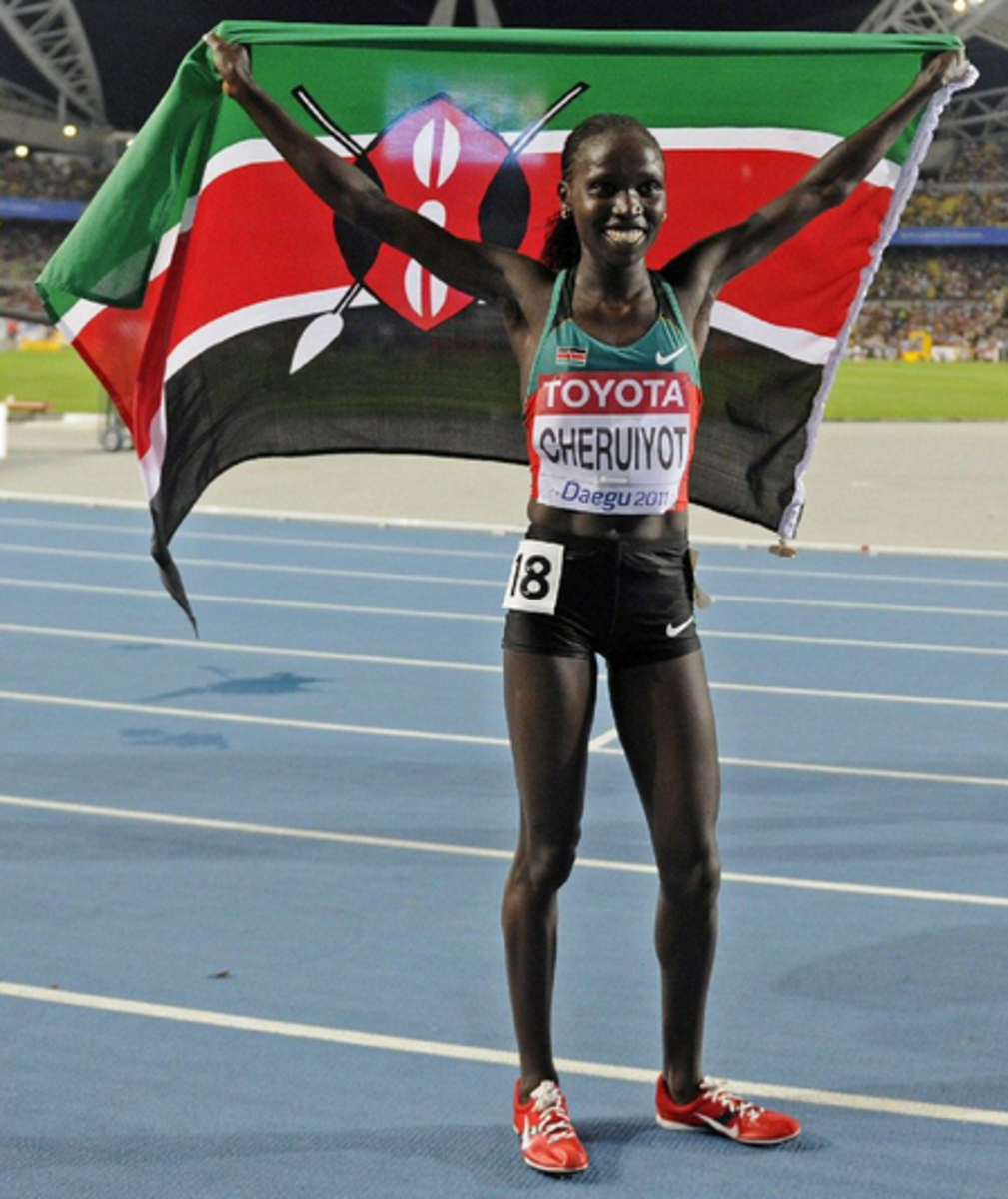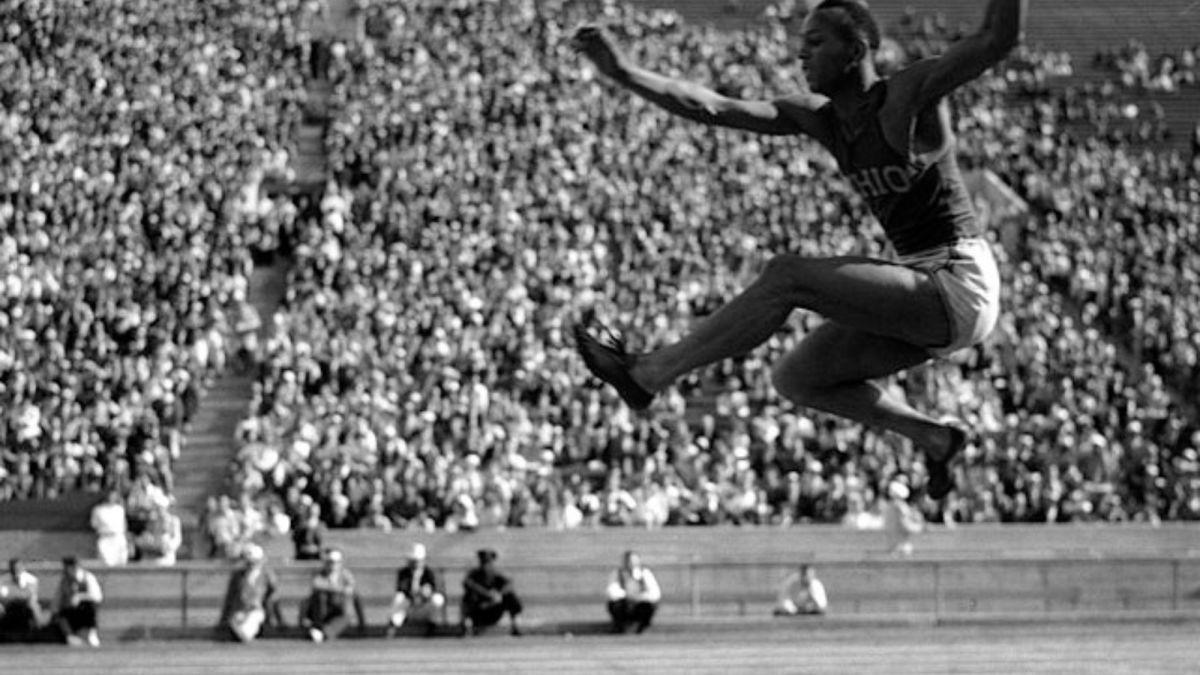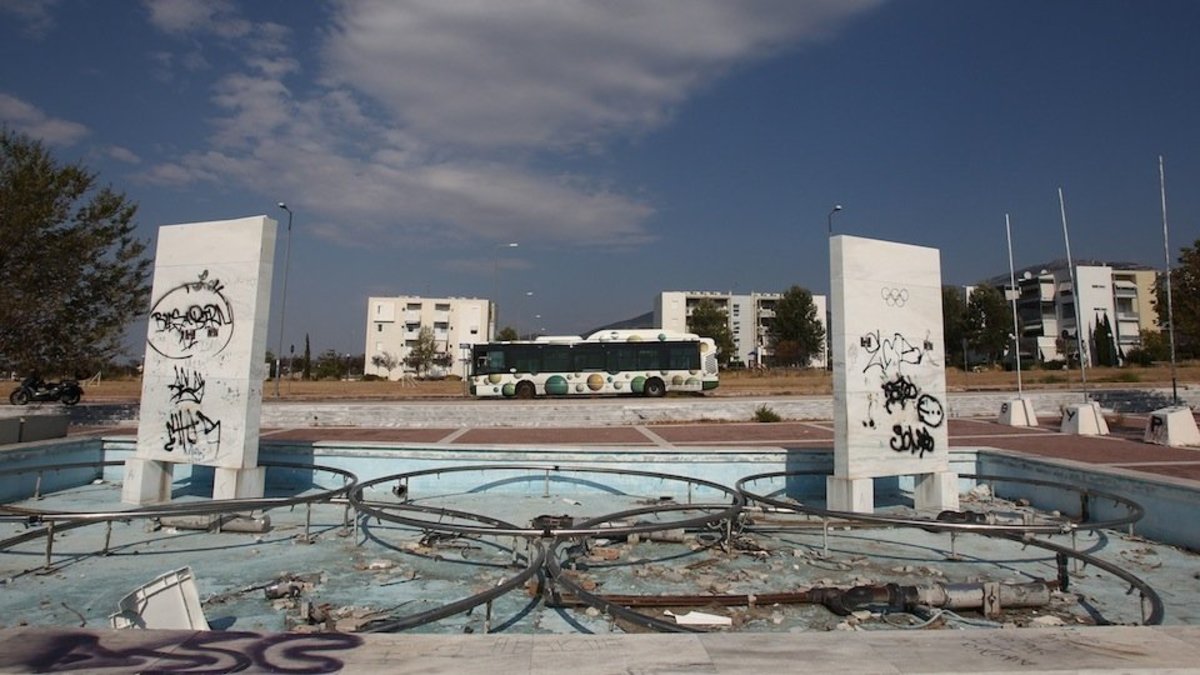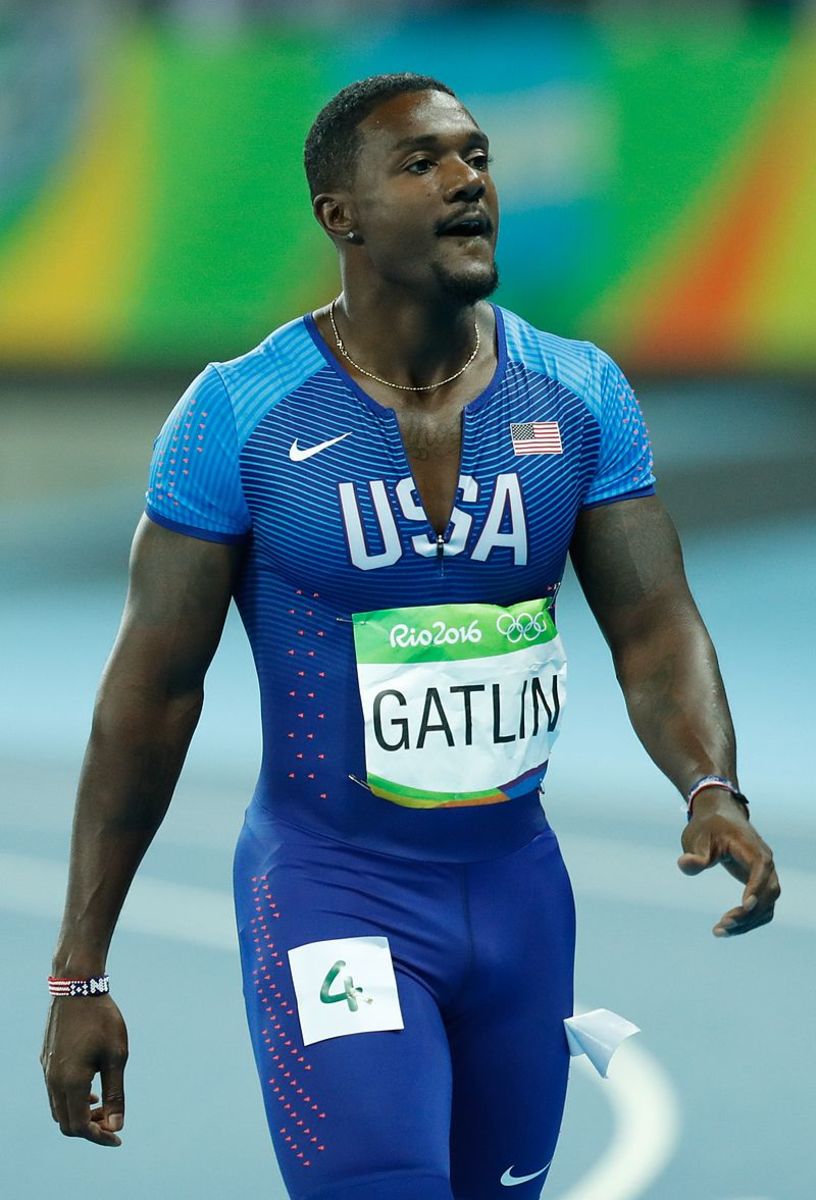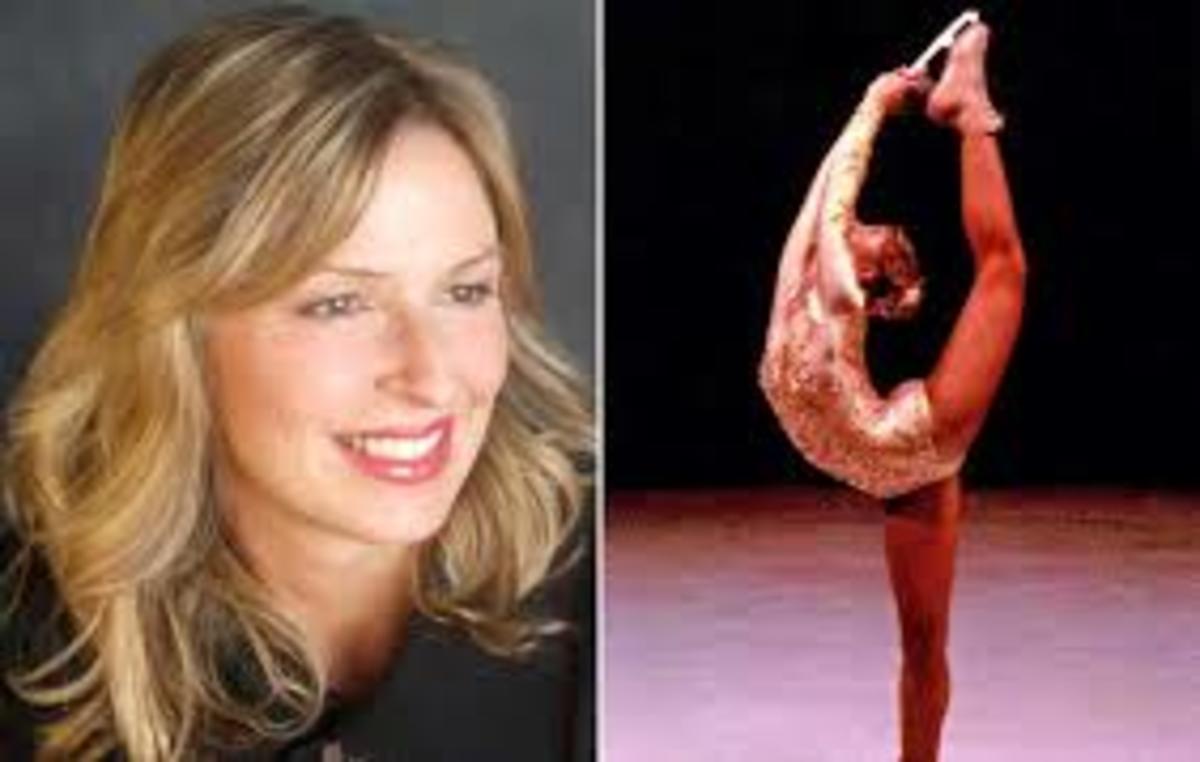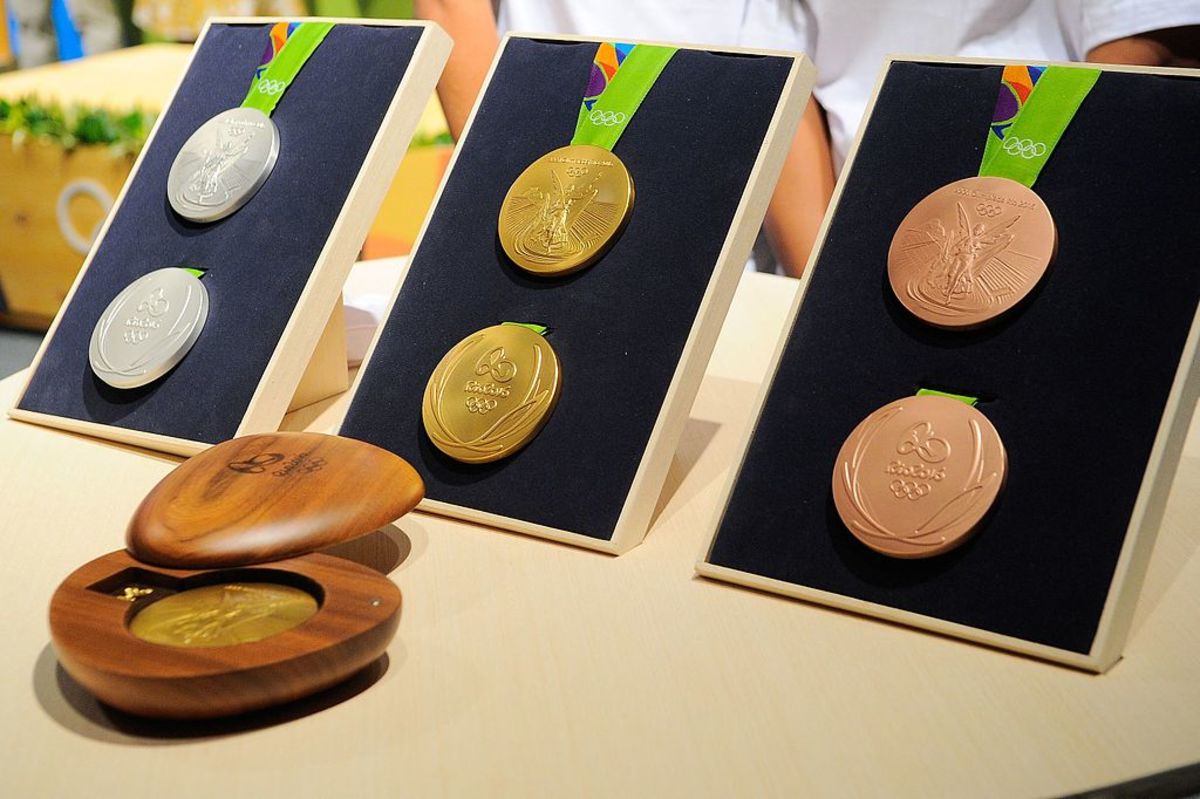History of the 1908 Olympic Games in London
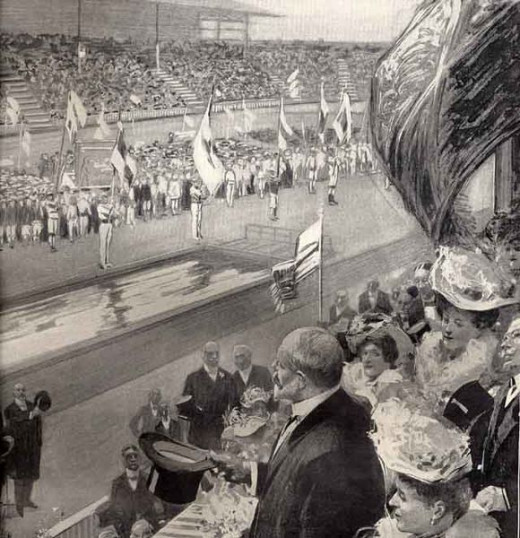
London was the first city to host the modern Olympic Games three times. The first time the city played host to the games was in 1908.
The events opened on 27th April 1908 and lasted until 31 October 1908. 2,008 athletes (37 women, 1,971 men) took part in the 110 events which made up the games.
London Replaced Rome as Host for 1908 Olympics
Initially Rome was set to host the 1908 Olympic Games. However, on 7 April 1906, Mount Vesuvius erupted, causing great damage to the city of Naples. Obviously, dealing with the aftermath of a volcano blowing its top took priority over a sporting event. Italy couldn't possibly finance the event, so London stepped in.
Preparing London for the games in just two years was quite a challenge. The man who took on the task not unfamiliar with a challenge or two. The previous accomplishments of Lord Desborough, the chairman of British Olympic Association, included climbing the Matterhorn, rowing in the boat race for Oxford and swimming across the base of Niagara Falls.
Lord Desborogh arranged for a venue to be built. The White City stadium was built in ten months. The venue, which was designed to hold 68,000 people, had a swimming pool and cycle track as well as facilities for track and field athletics.
What is the Distance of a Marathon?
The standard length of a marathon was decided at the 1908 summer games in order to keep the royals happy.
The original distance for a marathon was 25 miles. This distance was changed to 26 miles so that the marathon could start at Windsor Castle. A little extra was added to that so that the finish line could be at the royal box in the London stadium.
This distance which runners had to run was finally fixed at 26 miles 385 yards (42.195 km). This became a standard distance for future marathons.
Edward VII at the 1908 Olympics in London
The opening ceremony for the 1908 Olympic Games was attended by His Majesty The King Edward VII.
The 1908 Olympics was the first time that teams paraded around the stadium with flags before the games kicked off.
One big controversy came when the United States's flag bearer, Ralph Rose, refused to dip the flag to the royal family. "This flag dips to no earthly king," he said.
The games provided examples of great sportsmanship though. One example was when the middleweight Greco-Roman wrestling final between Frithiof Martensson and Mauritz Andersson was postponed by one day so that Martensson could recover from a minor injury. Martensson got better and ended up winning the event.
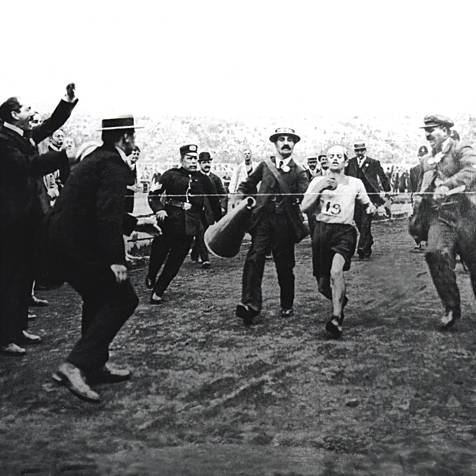
Who Was Dorando Pietri?
Probably the most dramatic moment of the 1908 Olympic games came during the marathon when Italian runner Dorando Pietri collapsed four times from exhaustion.
Close to the finishing line, Pietri was helped by some officials, which later prompted rival runner Johnny Hayes from the USA to protest.
Pietri was disqualified in the end and Hayes got the medal, but Dorando didn't walk away empty handed. His refusal to give up was rewarded and he was given a trophy for his achievement.
Top Medal Winners
- Henry Taylor, Great Britain, 3 Golds
- Melvin Sheppard, USA, 3 Golds
- Benjamin Jones, Great Britain, 2 Golds, 1 Silver
- Martin Sheridan, USA, 2 Golds, 1 Bronze
- Oscar Swahn, Sweden, 2 Golds, 1 Bronze
Who was Ray Ewry?
Another athlete who performed well at the 1908 games as well as some that came before was Ray Ewry. The American athlete won eight Olympic gold medals in 1900, 1904 and 1908. This makes him one of the most successful Olympians of all time.
Despite such success, Ewry is not widely known today, largely because the events he was successful in are no longer held: the standing high jump, the standing long jump and the standing triple jump.
The achievements, disputes, rows and incidents of the 1908 games are all detailed in a well-researched book written by Keith Baker.
The 1908 Olympics celebrates the first London Olympics and reveals what happened to the stars of the Games in later life. It is a fascinating insight into sporting and social history.



